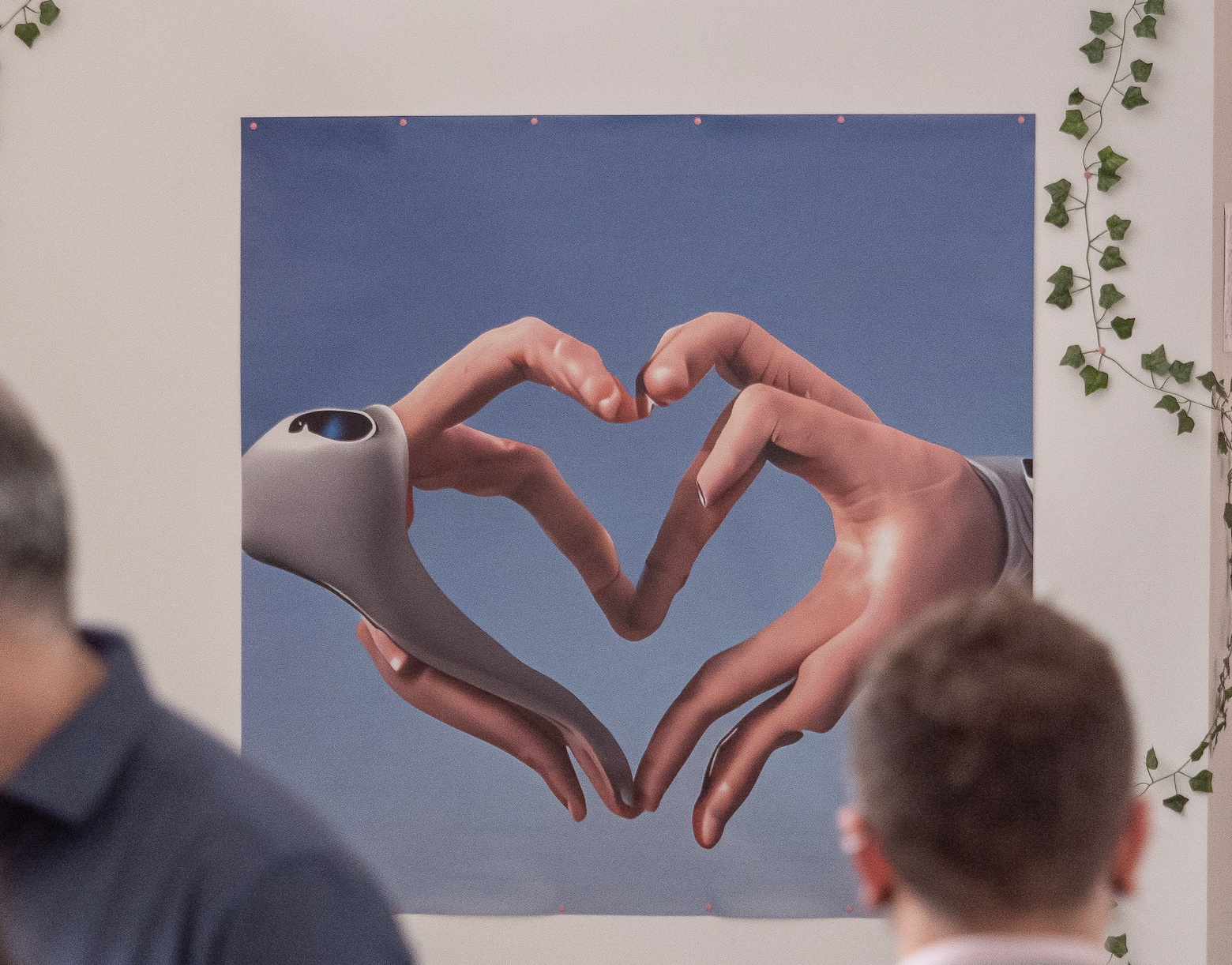Imminent Events
Exploring new frontiers in culture and research is part of Imminent’s DNA that’s why we are happy to announce that Translated, with Imminent, will sponsor the third edition of Re:humanism, “Sparks and Frictions”.
Sparks and Frictions is the final exhibition of the third edition of the Re:humanism Art Prize, an award that investigates the relationship between contemporary art and advanced technologies with a focus on artificial intelligence. On display are the works of the ten finalists to which are added the two Romaeuropa Digitalive Special Prizes that will be presented in the autumn within the Romaeuropa Festival.
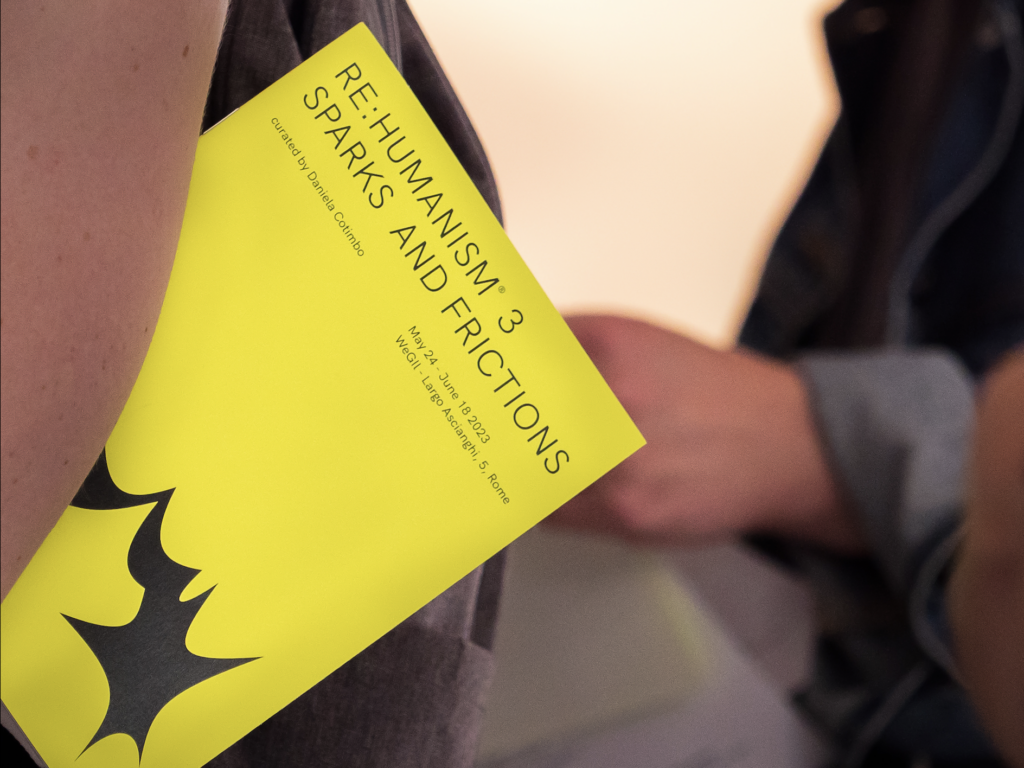
This edition consolidates the idea of contemporary art as an agent capable of arousing reflections and developing imaginations about the future, but also to oppose technocratic policies in favor of sustainable and inclusive development. Re:humanism 3 extends its range of action also to the relationship with all forms of technological media and scientific issues that bring into play important reflections on identity, relationships and possible futures.
There are many themes: from the exploration of the metaverse, to the environment, from the creative possibilities of machines, to the investigation of our relationship with contemporary algorithms and rituals.
In these territories move the works of the third edition, starting from the first three classified:
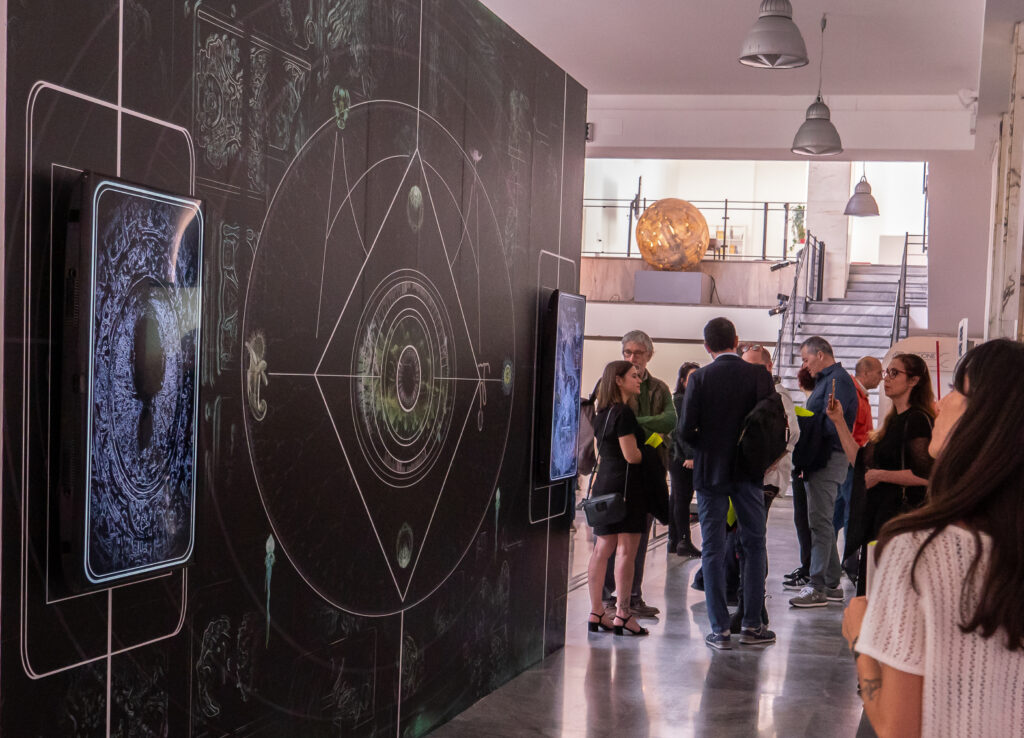
Zoophyte, visionary work of Joey Holder inspired by cryptozoology, offers an imaginary landscape of creatures “off-limits”, invented, not discovered or of which the official science knows little, to reflect on the border between reality and fiction; Monologo by Ricardo Giacconi that updates the traditional technique of puppetry putting it in relation to artificial neural networks; while The Martian Word for World is Mother by artist Alice Bucknell is a work that intends to overturn the anthropocentric perspective that dominates the issues related to space exploration and colonization of new planets.
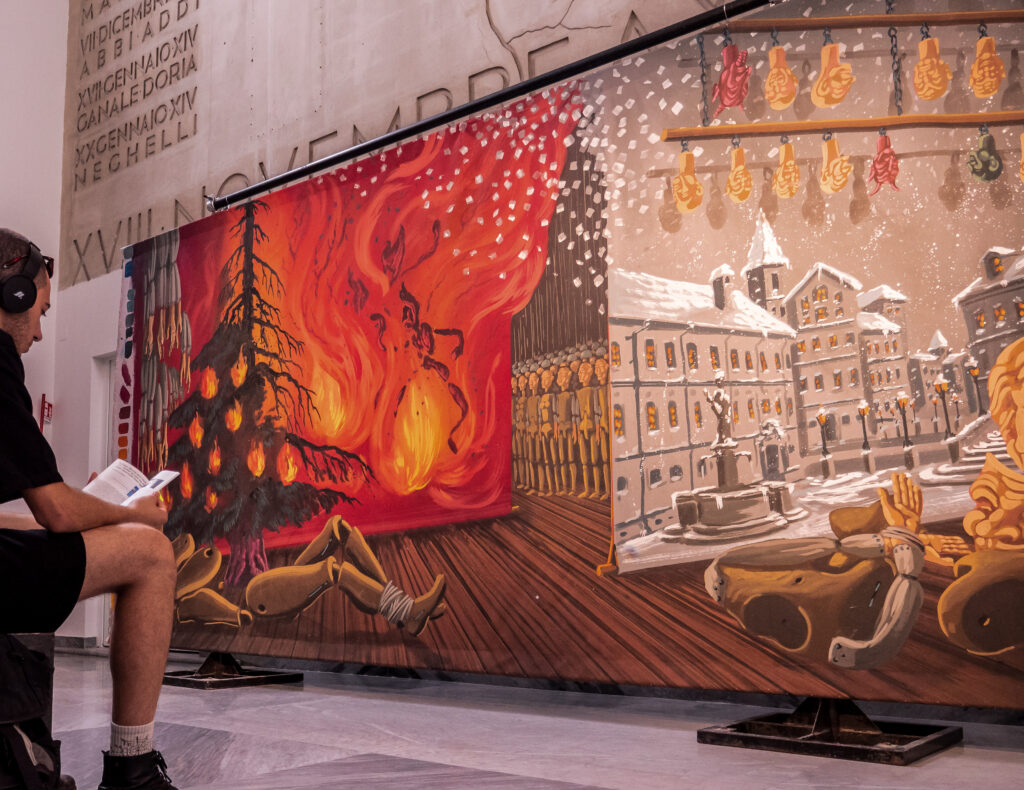
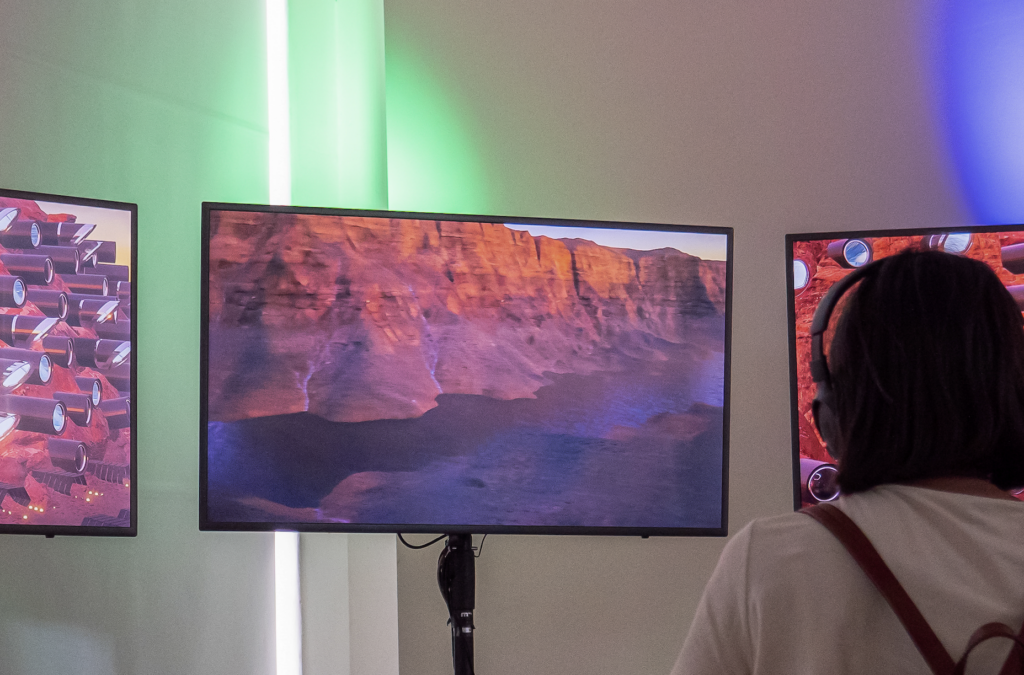
The Emerging Prize, awarded to the artist Yue Huang with the work Artificial life: One leg at a Time, deconstructs the imagination of a hyper-performing artificial intelligence putting the viewer in front of its countless failures.
On the front of “new ecologies,” we find Echinoidea Future – Adriatic Sensing by Robertina Sebjanic and Ciò che resta by Pier Alfeo: the first investigates the current bio-geological and morphological conditions of the sea urchin shaped by the polluting action of man, the second deals with the problem of ocean noise pollution and the need to renegotiate inter-species relations.
The intersection between the natural, cultural and technological world is central in the work Mythmachine by Sahej Rahal, a virtual biome inhabited by post-human creatures designed to undermine the binary distinctions between human and artificial, myth and memory; while Ginevra Petrozzi with Bite Off More Than You Can Chew, puts in dialogue the ancient systems of somatic divination with today’s face recognition technology based on Al, placing a reflection on the relationship between technology and prediction. The transformations of social relations and those of identity are explored by Farming, work by the artist Federica Di Pietrantonio, which concerns the impact of gaming platforms on daily life, between hikikomori, neet and gold farmer and Ai Love, Ghosts and Uncanny Valleys <3. I broke up with my Ai and will never download them again by Mara Oscar Cassiani. The latter is an original speculation on the possibilities of falling in love with an artificial intelligence that assumes the same deviances that mark toxic relationships, from ghosting to overpowering.
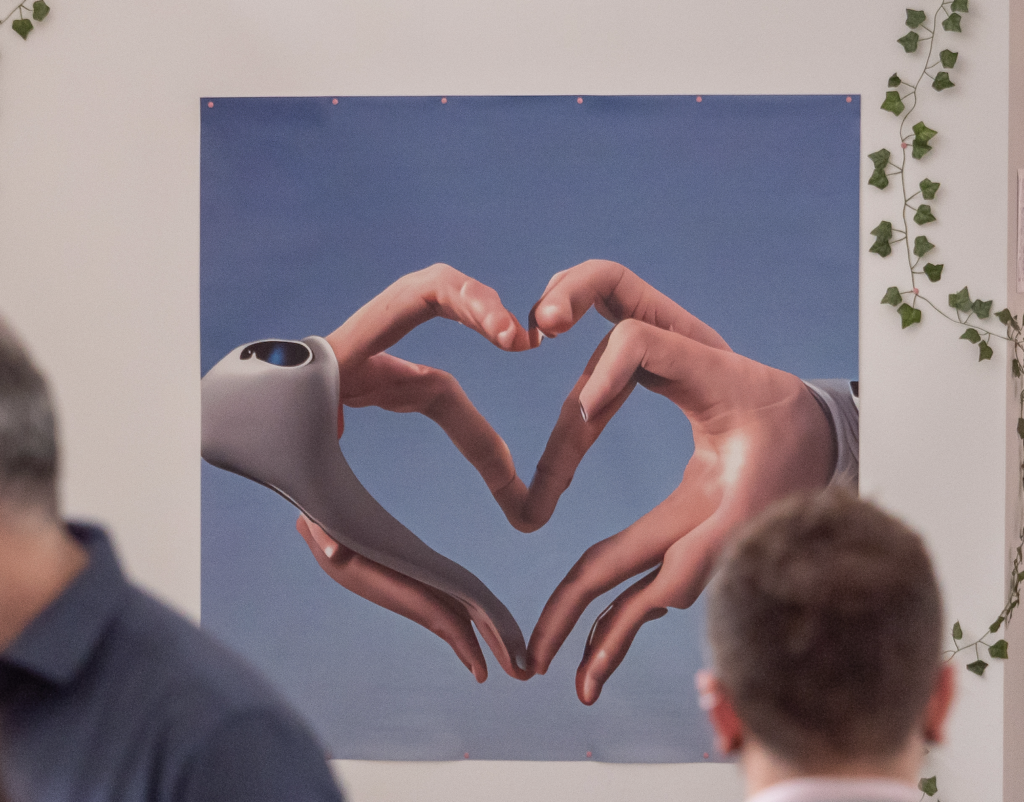
The exhibition is in Rome at the WeGil cultural space from May 26 to June 18. Open from Monday to Sunday from 10 a.m. to 7 p.m.
Photo credit: Daniele Bracci
